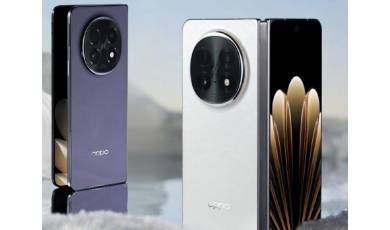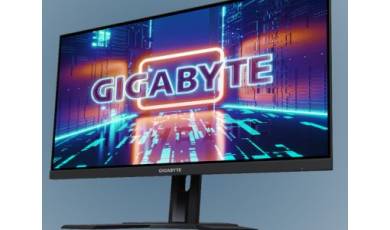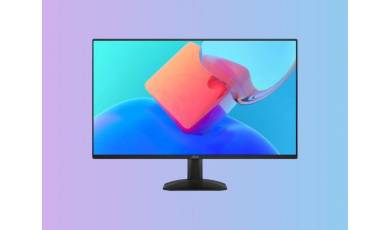Packard Bell Maestro 230 LED specs.
Monitors Specs >> Packard Bell >> Packard Bell Maestro 230 LED| Specifications | | | Reviews |

General characteristics Packard Bell Maestro 230 LED
Type:
LCD Monitor, Widescreen
Diagonal:
23"
Resolution:
1920x1080 (16:9)
LED (LED) backlight:
Yes
LCD Type:
TFT TN
Screen Packard Bell Maestro 230 LED
Brightness:
250 cd/m2
Contrast:
1000:1
Dynamic Contrast Ratio:
12000000:1
Response time:
5 ms
Field of view:
Horizontal: 170°; Vertical: 160°
Screen coating:
antiglare
Connection Packard Bell Maestro 230 LED
Inputs:
DVI-D (HDCP), HDMI, VGA (D-Sub)
Functions Packard Bell Maestro 230 LED
Functionality:
menu in Russian
Power Packard Bell Maestro 230 LED
Power supply unit:
external
Power consumption:
Operating: 33 W, Standby: 1 W in sleep mode: 1 W
Additionally Packard Bell Maestro 230 LED
Standards:
Environment: MPR-II; Plug & Play: DDC1/2B; energy: Energy Star
Dimensions, weight:
570x420x160 mm, 4.20 kg
Reviews, Questions about Packard Bell Maestro 230 LED
Write Review / Ask a question about Packard Bell Maestro 230 LED




